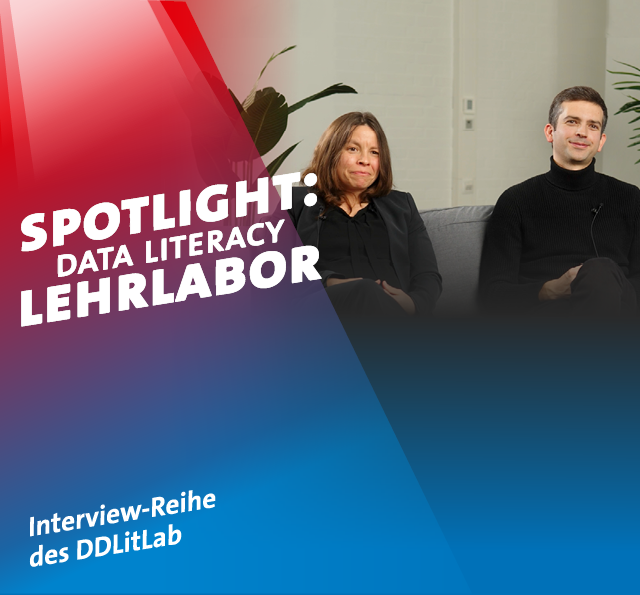BreAkIng Bad: Hacking the AI Act
- Type of event: Project seminar
- Facilities:
Hub of Computing and Data Science (HCDS), Faculty of Mathematics, Informatics & Natural Sciences - Funding period: 01.04.2023 to 31.03.2024
- Short title: BreAkIng Bad
Extract from the funding application: "In a special hermeneutic teaching approach, the students act as "Advocatus Diaboli": The consulting concepts are intended to show how the AI Act can be fulfilled with minimal effort while maximising economic profit and accepting social risk."
The BreAkIng Bad project

The influence of AI on the lives of many people is constantly increasing. Although this presents great opportunities, it also poses considerable risks and ethical challenges. The new EU AI regulation (EU AI Act) attempts to harmonise these opportunities and risks. The idea of the seminar is to sensitise students across all faculties to the dangers of dealing with AI and at the same time to get a first feel for entrepreneurial practice in the context of potentially profit-threatening laws. In doing so, the students themselves should explore the scope for manoeuvre along the draft law using specific AI use cases.
This should enable students to use AI critically and responsibly. The explicit aim was to also address students outside of computer science, as this is a challenge for society as a whole and combines ethical, legal, technical and business aspects, among others.

deepmind x / unsplash
Review and results

The central result of the teaching project was the practical and critical communication of AI-based data practices to students. The teaching concept was developed in collaboration with iDIGMA GmbH and included both in-house teaching content and guest teaching units to highlight the opportunities and risks of AI from different perspectives. Topic-specific literature and material recommendations were prepared in order to do justice to the heterogeneity of the students.
The EU AI Act was still in the draft phase at the beginning of the project period. In this respect, a first important step (and thus a first interim result) was the preparation of the legal framework in an appropriate framework for the seminar and the students (mainly non-lawyers). The central aim of the seminar was to convey the content in a practical way. To this end, the students were asked to operationalise the EU AI Act using a specific AI use case.
Another important interim result was therefore the development of AI use cases suitable for the seminar. An important criterion for the AI use cases was that they should be technically realistically realisable, offer significant business benefits and at the same time be associated with ethical (and possibly legal) risks. The use cases were prioritised and developed by the project team together with the practice partner. In addition, handouts for teachers with further information (e.g. ethical concerns, assessments with regard to the EU AI Act) were developed.
Tips from lecturers for lecturers

As part of the teaching project, the integration of and cooperation with different departments and non-university stakeholders was trialled, which was perceived as enriching. This overarching approach seems particularly useful for complex phenomena such as "digitalisation" or "data literacy". The project combines a variety of specialist perspectives (including legal, business, technical and ethical). In addition to the interdisciplinary composition of the project team, the role of an internal legal expert (a research assistant) was therefore trialled as part of the project-based teaching approach, who supported the teaching staff and students in particular by providing specialist advice at certain points.
This approach was perceived as enriching and as a potential path to more cross-thematic courses. The project team had very different previous experiences of courses and general group work formats, which provided many valuable ideas for customisable, sometimes hybrid course formats.
Persons involved
Hub of Computing and Data Science (HCDS), Faculty of Mathematics, Informatics & Natural Sciences
Applicants: Dr Michaela Regneri, Fabian Burmeister
Collaborators: Lucas Memmert
Funding line: Transfer-orientated data literacy
Cooperation partner: iDIGMA GmbH
Funding period: 01.04.2023 - 31.03.2024
Course in winter semester 23/24: Project seminar BreAkIng Bad - Hacking the AI Act (link to the Stine course catalogue)




